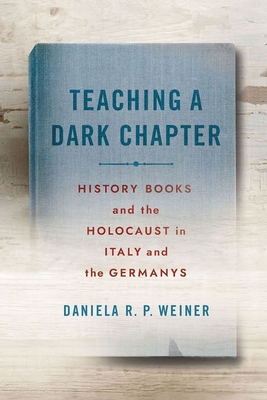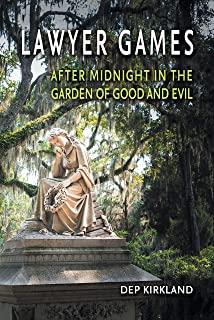
Weiner, Daniela R. P.
Historians have often neglected textbooks as sources in their engagement with the reconstruction of postfascist states and the development of postwar memory culture. But as Teaching a Dark Chapter demonstrates, textbooks yield new insights and suggest a new chronology of the changes in postwar memory culture that other sources overlook. Employing a methodological and temporal rethinking of the narratives surrounding the development of European Holocaust memory, Daniela R. P. Weiner reveals how, long before 1968, textbooks in these three countries served as important tools to influence public memory about Nazi/Fascist atrocities.
As Fascism had been spread through education, then education must play a key role in undoing the damage. Thus, to repair and shape postwar societies, textbooks became an avenue to inculcate youths with desirable democratic and socialist values. Teaching a Dark Chapter weds the historical study of public memory with the educational study of textbooks to ask how and why the textbooks were created, what they said, and how they affected the society around them.







